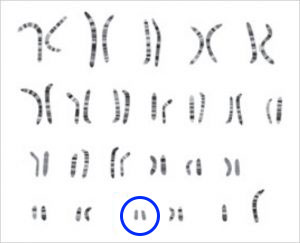CMA
Chromosomal Microarray
Genome-wide cytogenetic analysis for early and precise answers

What is CMA?
CMA can detect the most known cytogenetic disease among the existing genetic tests.
It can identify Chromosomal Abnormalities that cause developmental disabilities, mental retardation, autism, and multiple congenital malformations that could not be detected using previous techniques such as Karyotyping.
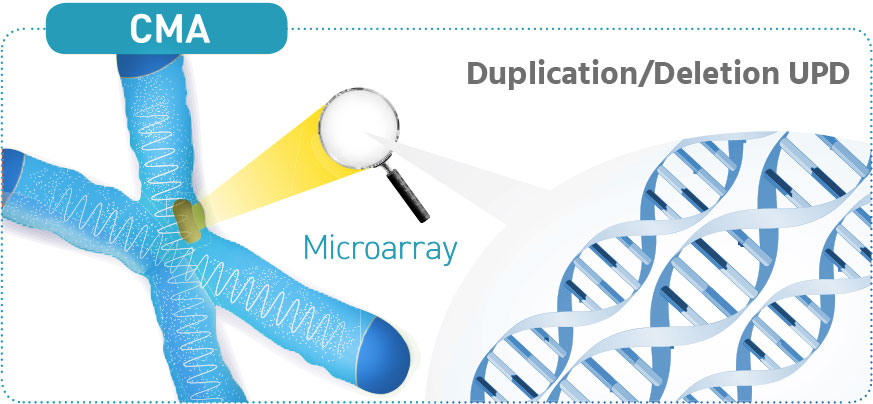
What can I know from CMA?
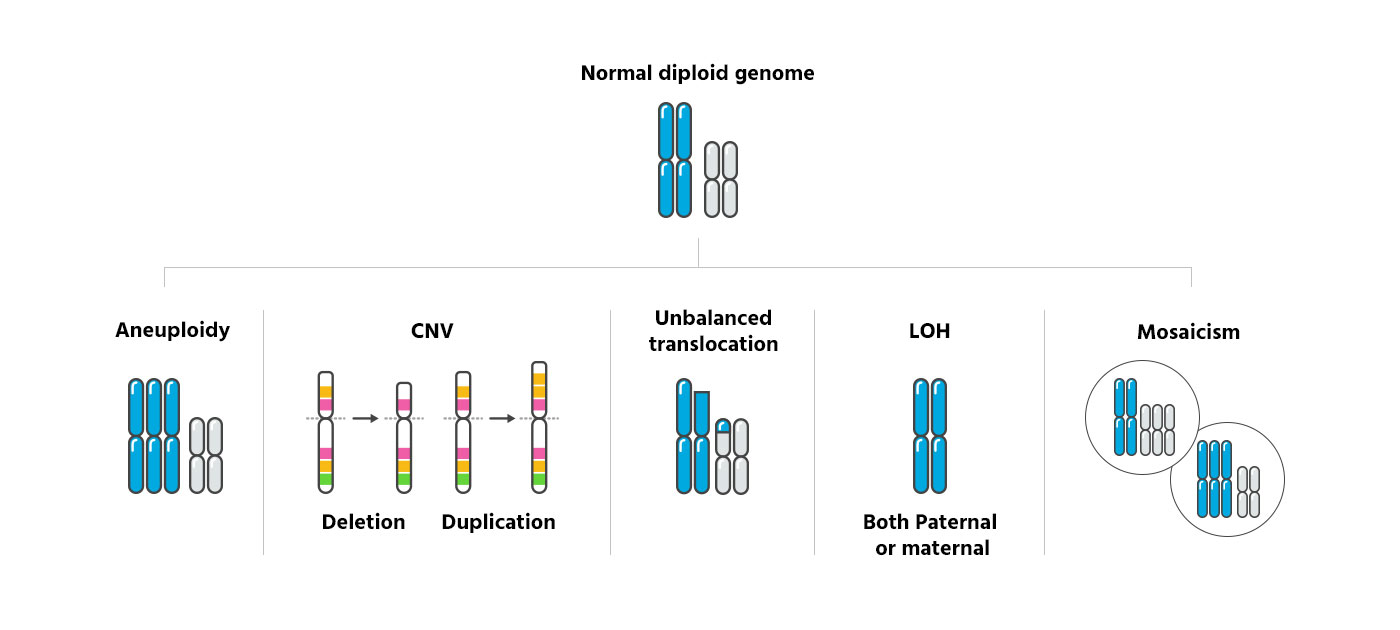
- Aneuploidy
- CNV (Copy Number Variation/ duplication, deletion)
- Unbalanced translocation
- LOH (Loss of Heterozygosity): LOH is only reported when the size is sufficiently suspicious for UPD (Uniparental Disomy)
- Mosaicism: low level mosaicism may not be detected
When CMA is recommended?
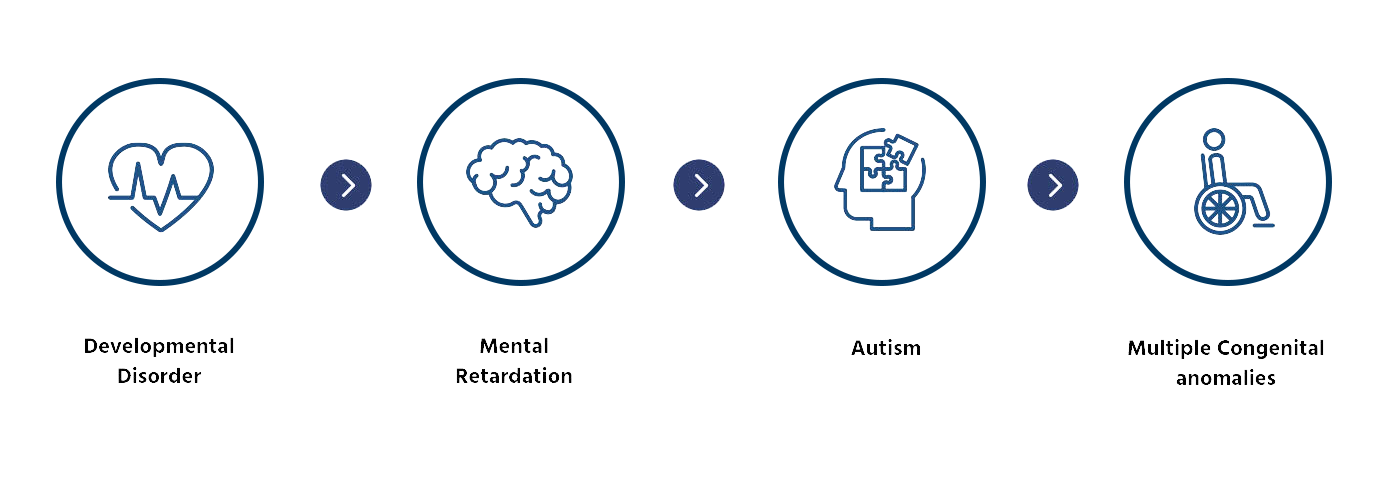
How does CMA work?
After consulting with your doctor
about necessity of genetic test,
3ml of blood will be drawn.
Your blood sample will go through microarray
and interpretation from specialized medical doctors
at GC Genome Laboratory.
Your results are sent to your healthcare provider in 9 days.
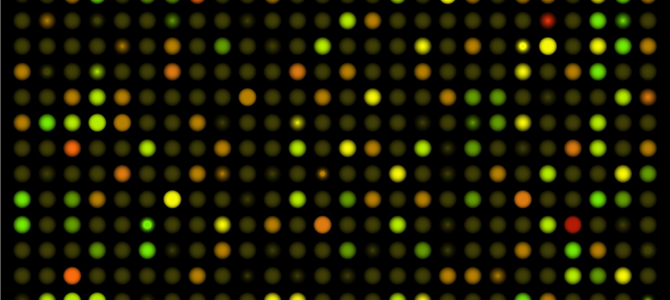
- “Microarray” refers to a microchip-based testing platform that allows high-volume, automated analysis of many pieces of DNA at once.
- CMA chips use labels or probes that bond to specific chromosome regions.
- Computer analysis is used to compare a patient’s genetic material to that of a reference sample.
- A difference between a patient’s DNA and the reference sample is called a variant.
What is CMA?
CMA can detect the most known cytogenetic disease among the existing genetic tests.
It can identify Chromosomal Abnormalities that cause developmental disabilities, mental retardation, autism, and multiple congenital malformations that could not be detected using previous techniques such as Karyotyping.

According to ACMG guideline, CMA has been recommended as a 1st-tier test for developmental disorders, mental retardation, autism, multiple congenital malformations due to small size of DNA deletion/duplication which cannot be detected by conventional karyotyping test.
How is it different from Karyotyping?
| Karyotyping | CMA | |
|---|---|---|
| Resolution | Low (5~10Mb) | High (25~400kb) |
| Cell cultured | Required | Not required |
| Diagnosis rate | 2~3% | 15~20% |
| Target disorders | Down syndrome, Edward syndrome, Patau syndrome | Developmental disorders, mental retardation, Autism, Multiple Congenital anomalies etc. |
| Diagnosis Example | Detect numerical or structural changes
|
Detect the micro-duplication or deletion of chromosomes at higher resolution 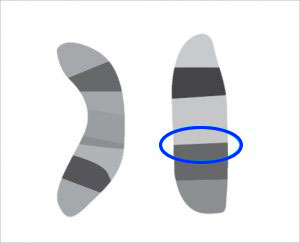 |
| Analytical time | Long for cell culture | Fast |
When should I recommend this test to the patients?
List of Major diseases diagnosed by CMA test
*More than 300 diseases can be detected by CMA
| 1p 36 deletion syndrome | 9q34.3 deletion syndrome | Joubert syndrome |
| Rieger syndrome | Patau syndrome | Grieg syndrome |
| Williams syndrome | Edward syndrome | Potocki-Shaffer syndrome |
| DiGeorge syndrome | Cats eye syndrome | Angelman syndrome |
| Prader-Willi syndrome | Klinefelter syndrome | Miller-Dieker syndrome |
| Smith-Magenis syndrome | 3q29 deletion syndrome | Down syndrome |
| Alagille syndrome | Sotos syndrome | Kallmann syndrome |
| Turner syndrome | Langer-Giedon syndrome | Rubinstein-Taybi syndrome |
| Wolf-Hirschhorn syndrome | Jacobsen syndrome | Koolen-De Vries syndrome |
| Cri-du-chat syndrome | 15q12 duplication syndrome | 17q12 syndrome |
CMA interpretation process in GC Genome
Data will be interpreted based on the patient’s clinical symptoms or previous diagnosis.
Incidental findings will be reported upon request.

Why CMA for your patient?
- AOH / LOH without heterozygosity can be detected
- UPD can be detected
- Mosaicism can be detected (However, low levels of mosaicism may not be detected)
- In addition to the mutations found in the software, the genetic specialist in GC Genome reconfirms the latest genetic information and adds additional research paper information to the results.
- High diagnostic predictability of patient clinical information and result.
- Free Genetic Counseling: GC Genome offers all your patients FREE pre&post-test genetic counseling with our specialized doctors.
How does CMA work?
Clear answers in just three simple steps.
Discuss testing and collect
your patient’s blood sample
and send it to GC Genome Laboratory.
Receive results within 9 days and
discuss with your patient.
If you need genetic counseling based on the result,
please contact your account manager.

